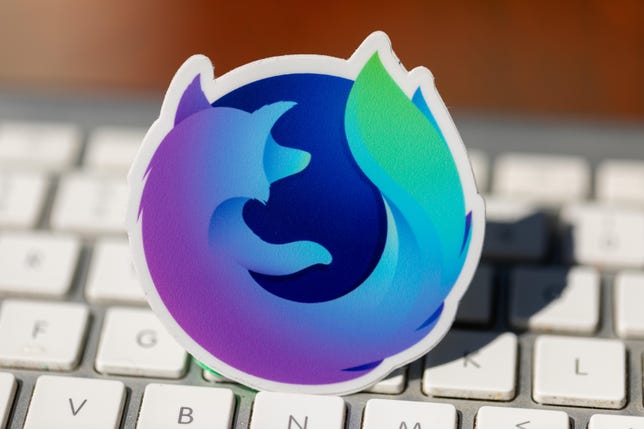I started with 4.3BSD on a VAX-11/750 in the mid 80s. At the time, you had to pay for a Unix license from AT&T, send a copy of the paperwork to UC Berkeley as proof, then they'd mail you a 9-track tape. (I think that was the process? I was just a lowly user on the system.)
Not exactly what we'd call "Free software", but after all that you did end up with the full source code.
